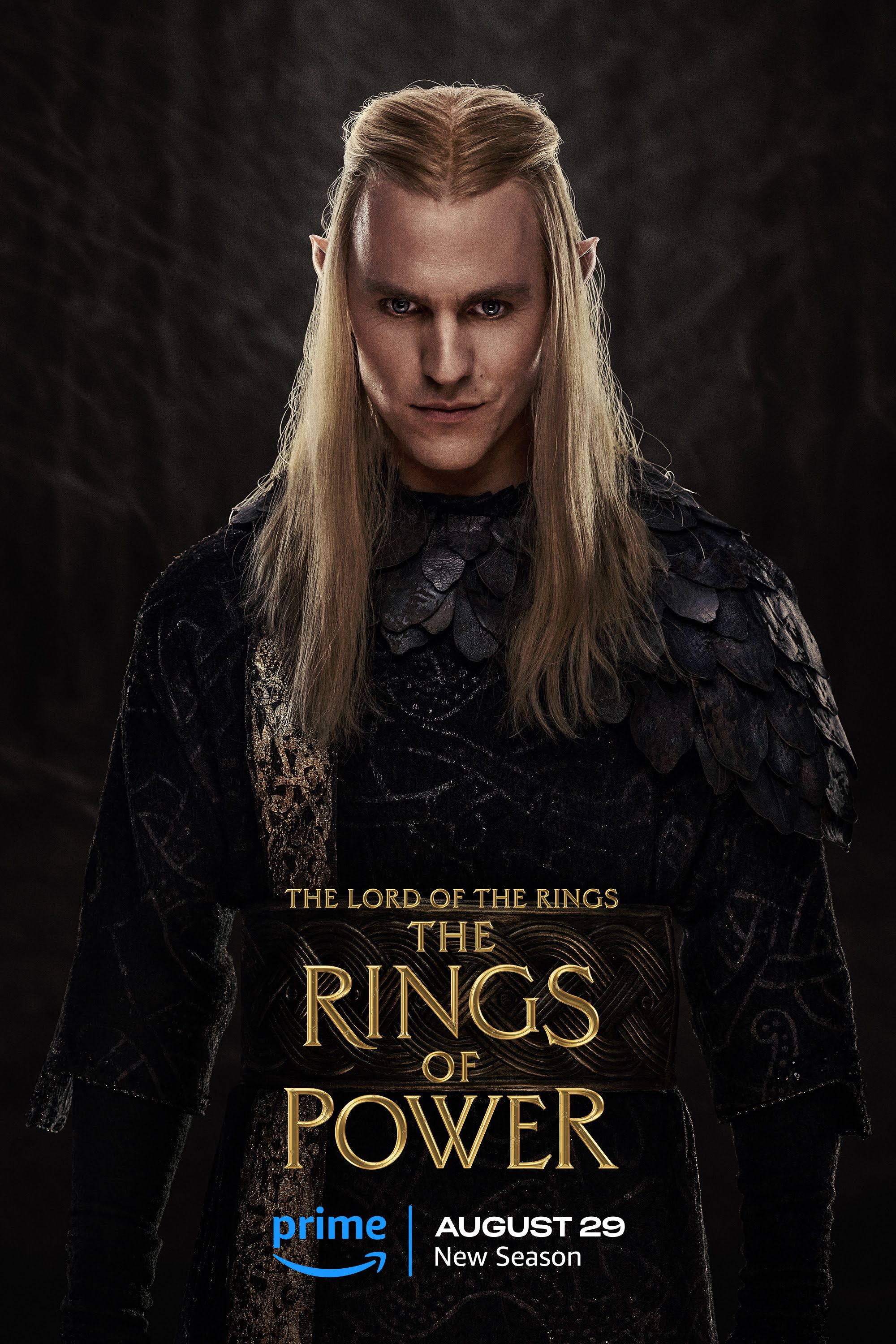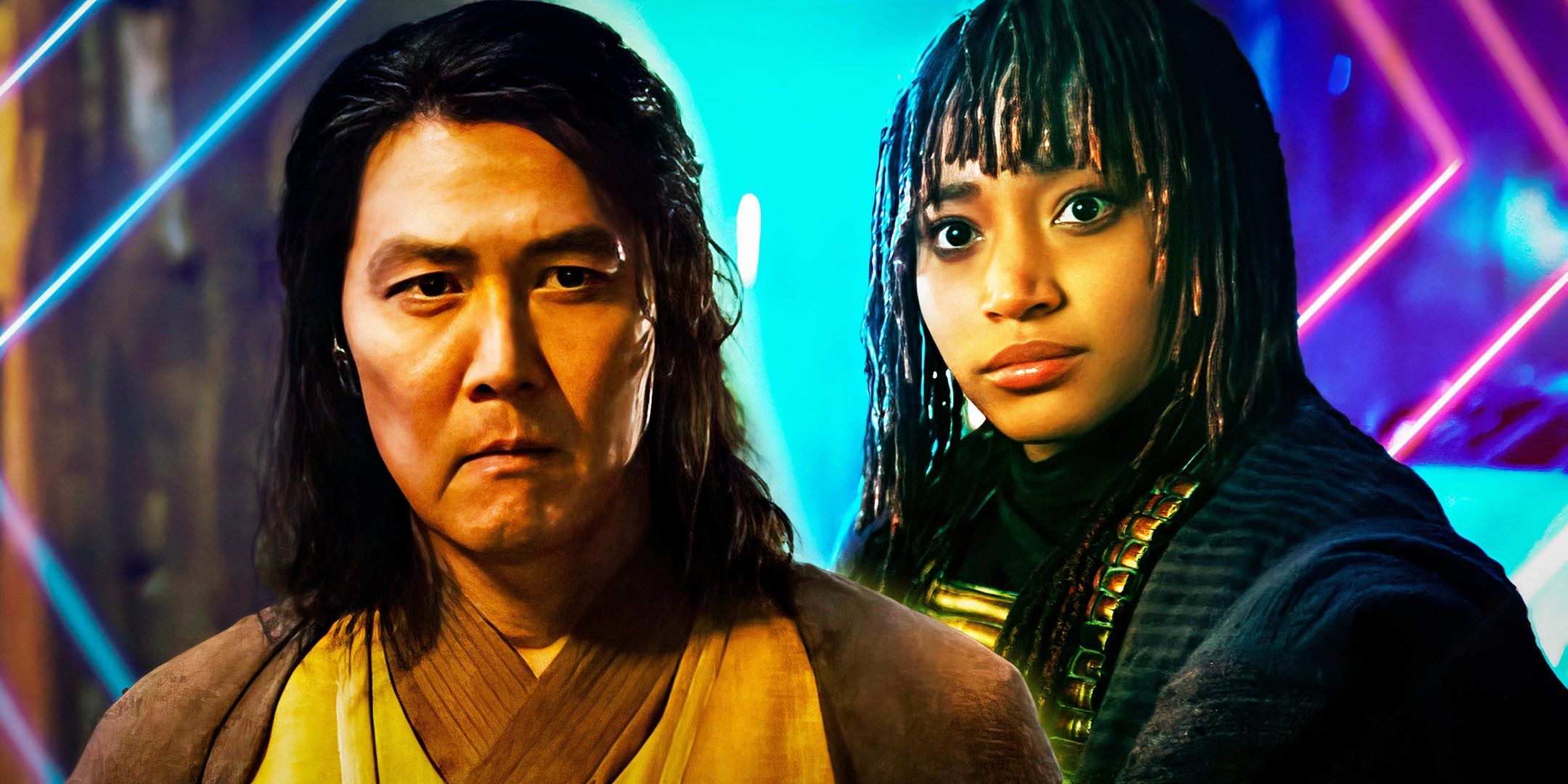One key aspect of the original Spy Kids unnerved the studio. Premiering in 2001, the movie followed two children of spies, as they were forced to engage in espionage of their own. It was a massive success, boasting $147 million on a $35 million budget. It would eventually spawn multiple sequels, as well as the recent Netflix reboot, Spy Kids: Armageddon. Like its creator, the family of spies is Latino and closely tied to their heritage.
The thought of including Latino characters did not excite the original producers. Speaking with De Los after the release of the Spy Kids reboot, creator Robert Rodriguez explained the initial hesitance on the part of the studio. He also explains how he managed to convince them to support his ideas. Check out his quote below:
You know, usually the [movie] business is not very innovative. It is very imitative, though. If something is a success, they’ll imitate that, but you need to be the first success. They had never seen a big movie cast with that many Hispanics, so they were like, “Why don’t you just make the family American?” Well, they are American. It’s based on my family. My uncle was an FBI special agent, Gregorio Rodriguez, and we just changed his name to Cortez for Antonio [Banderas’] character.
They said, “But what if only Hispanics come to see it?” I didn’t think so, but I couldn’t point to another movie that had done it, that would make them feel better about their investment. So you can understand their point of view. Like, if this works, how come no one’s done it? It’s like, because no one’s done it! So I say no, it’s based on my family, and I can’t change my family. But that’s not a good enough argument, so I needed to come up with a good point.
It finally dawned on me: You don’t have to be British to enjoy James Bond. Being British makes him very specific, and it makes him more universal. It makes you wish you were British. They bought that.
Diversity Was A Key Part Of Spy Kids

In 2001, there were not many major Hollywood movies that were willing to feature representation the way that Spy Kids does. Even just including the two leads — Alexa PenaVega and Daryl Sabara as Carmen and Juni Cortez — proved its dedication to ensuring proper diversity. Movies for children, especially, failed to produce any actual diversity. Espionage movies were even less likely to feature diversity.
Even today, mainstream Hollywood movies featuring Latino families are few and far between. While it was not the breakout hit that DC might have expected, Blue Beetle is another diverse movie that features the theme of family in Latino culture. Without the influence of Spy Kids, the DCU movie may never have had the opportunity to even exist — let alone focus so heavily on the Blue Beetle’s culture. Rodriguez’s ability to convince the producers to accept his franchise has had a major long-term influence on Hollywood.
Another serious benefit of diversity in the franchise is the fact that it is a movie made for children. Instead of representing only the cultures that Hollywood typically puts on screen, it gives Latino children the opportunity to see themselves as heroes. It also introduces other kids to a unique culture that sets the film apart. Rodriguez’s effort meant that the Cortez family became a staple of Latino culture in movies. That is a part of Spy Kids‘ legacy that continues to resound today.




